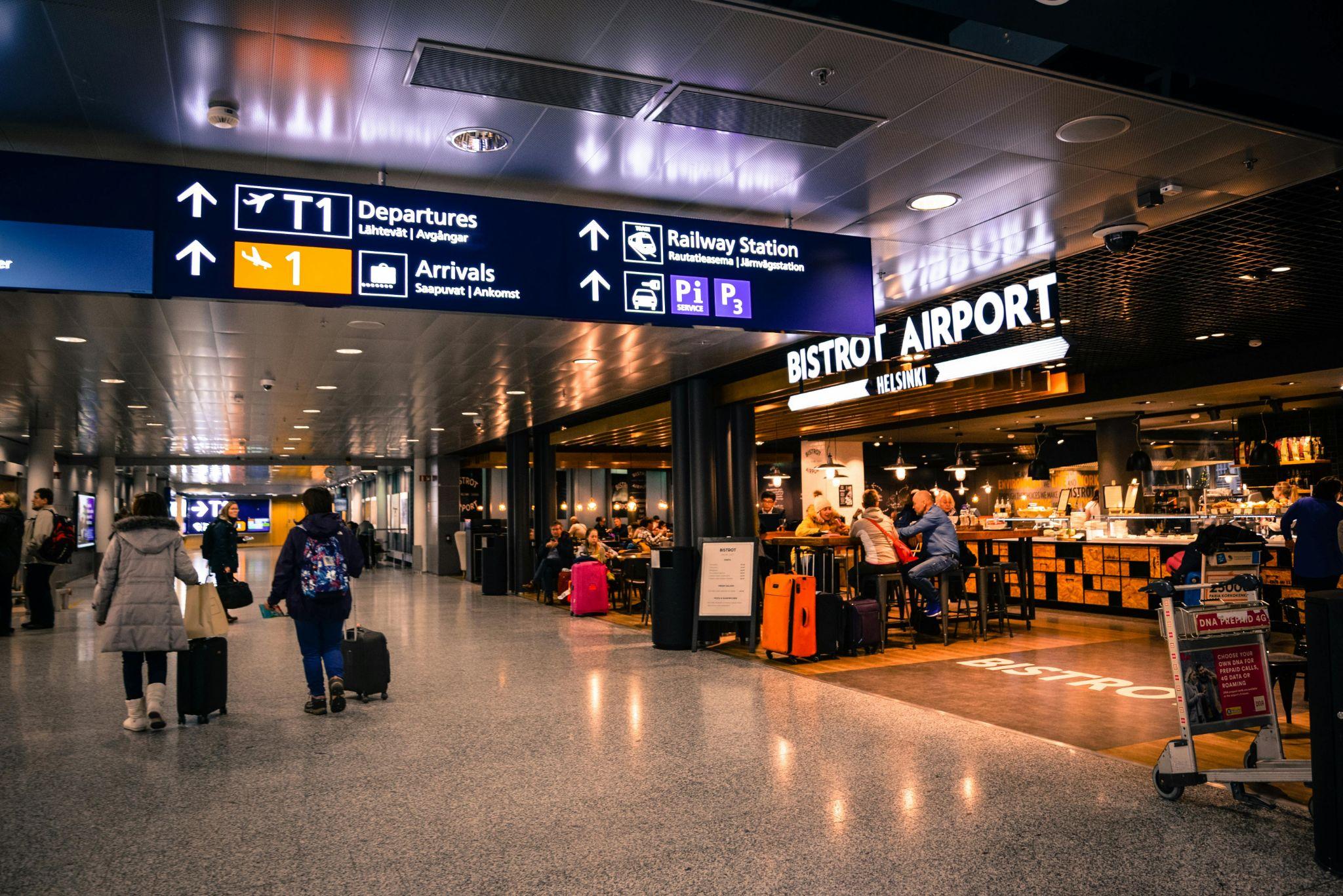Whether stocking up on luxury items or searching for distinctive gifts, duty-free shopping can add an exciting dimension to your travel experience while allowing you to enjoy savings on premium goods. Exploring duty-free outlets can be a great way for many travellers to discover special gifts and mementos to commemorate their travels. This article will delve deeper into duty-free shopping, exploring tips and strategies to help you make the most of your experience.
Key Takeaways
- Duty-free shopping involves purchasing goods, typically luxury items, at specially designated stores in international airports, ports, and border crossings. These items are exempt from certain local taxes and duties, making them more affordable for travellers.
- To make the most of duty-free zones, travellers should research duty-free allowances and restrictions, compare prices, plan purchases, be mindful of limits, and keep receipts for customs declaration purposes.
- Online duty-free shopping platforms offer convenience and savings for travelers. To enhance your online duty-free shopping experience, read reviews, stay updated on promotions, consider shipping logistics, plan, and check return policies.
What is duty-free shopping?
Duty-free shopping refers to purchasing goods, typically luxury items such as alcohol, tobacco, perfume, and cosmetics, in specially designated stores at international airports, ports, and border crossings. These stores offer goods at discounted prices because they are exempt from certain local taxes and duties, making them more affordable for travellers.
There may also be an abundance of international business jobs that you can find in duty-free zones, as these areas often attract global retailers and distributors.
What are the rules and limits for duty-free purchases?
The rules and limits for duty-free purchases vary depending on the country you are departing from and arriving in and the specific items you are purchasing. Some of the common rules you encounter may include:
- Restricted and Prohibited Items: Certain items may be restricted or prohibited from duty-free purchase, such as firearms, endangered species products, and counterfeit goods. It is important to familiarize yourself with the customs regulations of both your departure and arrival destinations to avoid purchasing restricted or prohibited items. For travelers going to the U.S., you can check the list of prohibited and restricted items by the U.S. Customs and Border Protection.
- Limits on Alcohol and Tobacco: Duty-free allowances typically include limits on the quantity of alcohol and tobacco products you can bring into a country without paying duties or taxes. Exceeding these limits may result in additional fees or the confiscation of the items.
- Declaration Requirements: Even if you stay within duty-free allowances, you may still be required to declare your purchases to customs authorities upon arrival. Failure to declare items accurately can result in fines or the confiscation of goods.
- Currency Conversion: Duty-free prices are often displayed in the local currency of the country where the store is located. Be mindful of currency conversion rates to ensure you understand the true cost of your purchases. If you want to ship goods from the U.S. to Canada or vice versa, it might also be helpful to know how to calculate cross-border duties and taxes.
Duty-Free Shopping Online: Tips and Tricks
Here are some expert tips and tricks to enhance your duty-free shopping experience:
- Research Duty-Free Allowances: Check the duty-free allowances and restrictions of your departure and arrival destinations to ensure compliance with customs regulations. For Canada, the Canada Border Services Agency (CBSA) is responsible for the movement of goods and people and for enforcing laws and regulations related to border security.
- Compare Prices: Compare the prices of duty-free items with retail prices outside the airport or border crossing to ensure you're getting a good deal.
- Leverage Pre-Order Options: Take advantage of pre-order services offered by duty-free retailers to secure your desired items in advance and streamline the shopping process.
- Read Reviews and Ratings: Prioritize products with positive reviews and ratings from fellow shoppers to ensure quality and satisfaction with your purchases.
- Stay Updated on Promotions: Watch for special promotions, discounts, and limited-time offers on duty-free websites to maximize your savings.
- Consider Shipping Logistics: Review shipping policies, delivery times, and tracking options to choose the most convenient and reliable shipping method for your needs. There are also parcel-forwarding companies that offer US-to-Canada services that you can check out.
- Check Return Policies: Familiarize yourself with duty-free retailers' return and exchange policies to facilitate hassle-free returns or exchanges if needed.
Frequently Asked Questions About Duty-Free Shopping
Are there online platforms for duty-free shopping?
Yes. Several online platforms are dedicated to duty-free shopping, offering various products, including alcohol, tobacco, cosmetics, electronics, and more. These platforms often operate through official duty-free stores or retailers, allowing travelers to shop conveniently from home or while traveling.
What unique souvenirs can I discover at duty-free outlets?
Duty-free outlets often offer a variety of unique souvenirs that reflect the culture and traditions of the region. Some common souvenirs include local delicacies such as chocolates, spirits, snacks, and traditional handicrafts, textiles, and artworks. Additionally, duty-free outlets may feature exclusive items from well-known brands, limited-edition products, and travel-related accessories such as luggage, electronics, and skincare products.
Aman looks after the content marketing department at Stallion Express. He is passionate about helping businesses grow by providing informative and up-to-date trends in the eCommerce industry. Outside the office, you can find him on the soccer field cheering on Real Madrid.
Read all posts written by Aman Chopra

















